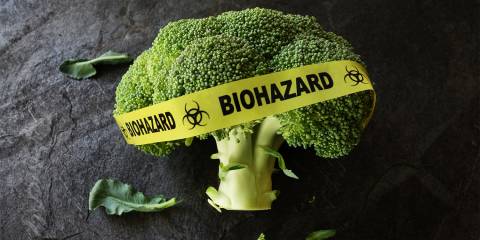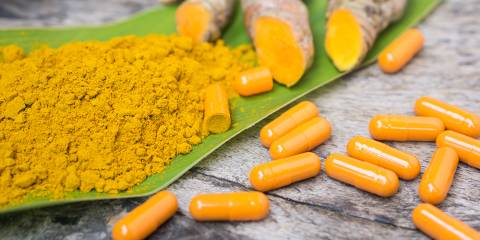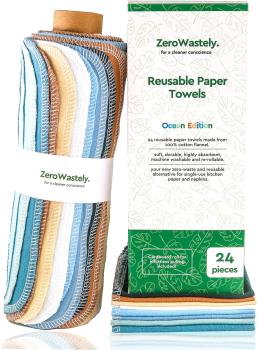- By eating organic, you may lower your risk of cancer. Government sources confirm that choosing organic food helps reduce exposure to environmental carcinogens.
- Organic produce is not sprayed with chemicals. That is especially good news for our children, as kids are more susceptible to the effects of pesticides.
- Dairy cows fed organic feed and given access to open pasture suffer less illness than herds managed conventionally in “factory farms.”
- Research shows that cows raised on organic farms with access to pasture produce milk with higher concentrations of conjugated linoleic acid (an anti-carcinogenic compound), omega-3 fatty acids, and vitamins A, D, and E.
- Organic foods are safer for your pets. As a response to recalls of tainted animal food, many dog and cat owners are opting for organic.
- Organic foods are safer for you. According to the Organic Trade Association, the organic food industry “is the most heavily regulated and closely monitored production system in the U.S.”
- Organic farms are safer for our planet. Because organic farmers must eliminate potentially toxic chemicals from their fields, poisonous run-off and soil leaching do not contaminate the land.
- It tastes better too. According to research cited by Princeton University, many people report that organic produce is more flavorful. Surveys have also identified a consumer preference for the taste of grass-fed beef over conventional grain-fed beef. Grass-fed beef is lower in fat and has more omega-3 essential fatty acids.
- Organic beauty products are less likely to contain preservatives, which may be harmful synthetic chemicals. Research has shown that as much as 60 percent of the chemicals we apply to our skin enters our bloodstream.
- The production of organic cotton is friendly to the earth. Conventionally grown cotton uses 25 percent of the world’s insecticides, some of which are probable carcinogens.
The Case for Going Organic

ID 144568160 © Rosshelen | Dreamstime.com
The Organic Trade Association
You might also like...
Don't Miss a Thing!
Get the latest articles, recipes, and more, when you sign up for the tasteforlife.com newsletter.


